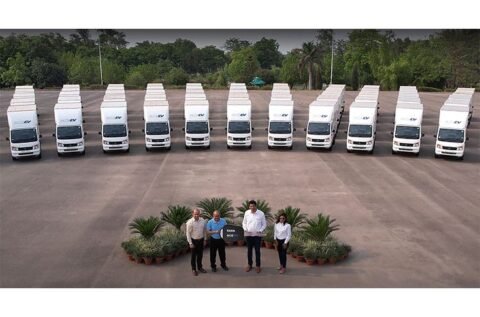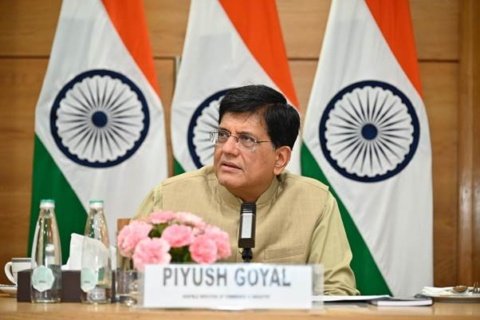The Union Cabinet, chaired by Prime Minister Narendra Modi, has approved the Ministry of Heavy Industries’ (MHI) proposal to implement the ‘PM Electric Drive Revolution in Innovative Vehicle Enhancement (PM E-DRIVE) Scheme,’ aiming to promote electric mobility in India. With an outlay of ₹10,900 crore over two years, the scheme seeks to accelerate the adoption of electric vehicles (EVs) and establish essential charging infrastructure.
Key components of the scheme include ₹3,679 crore in subsidies and demand incentives for electric two-wheelers (e-2Ws), three-wheelers (e-3Ws), ambulances, trucks, and other emerging EVs. The incentives are projected to support the deployment of 24.79 lakh e-2Ws, 3.16 lakh e-3Ws, and 14,028 e-buses, encouraging a shift toward sustainable transportation.
A significant innovation of the PM E-DRIVE scheme is the introduction of e-vouchers for EV buyers, which facilitate access to demand incentives at the time of purchase. These Aadhaar-authenticated e-vouchers will be issued to buyers and processed through dealers and the PM E-DRIVE portal, streamlining the subsidy process for both consumers and manufacturers.
The scheme earmarks ₹500 crore for deploying e-ambulances, marking a new initiative by the government to promote eco-friendly patient transport options. The e-ambulances will adhere to safety and performance standards developed in consultation with relevant ministries.
Additionally, ₹4,391 crore has been allocated for procuring 14,028 e-buses for state transport undertakings and public agencies, with demand aggregation managed by CESL across nine major cities, including Delhi, Mumbai, and Bengaluru. Preference will be given to cities replacing old buses through authorised scrapping centres, aligning with the Ministry of Road Transport and Highways’ scrapping guidelines.
To reduce the environmental impact of trucks, a significant contributor to air pollution, ₹500 crore has been designated to incentivise e-trucks. Eligibility for incentives requires a scrapping certificate from approved centres.
Addressing range anxiety, the scheme promotes the installation of 72,300 public charging stations in high EV penetration areas and select highways, supported by an investment of ₹2,000 crore. The focus includes 22,100 fast chargers for four-wheelers, 1,800 for e-buses, and 48,400 for two- and three-wheelers.
The PM E-DRIVE scheme aims to foster a competitive and resilient EV manufacturing industry under the Aatmanirbhar Bharat initiative, boosting domestic production and supply chains. The scheme also emphasises the modernisation of MHI testing agencies with a budget of ₹780 crore to adapt to emerging green technologies.







